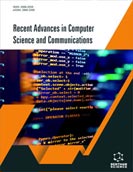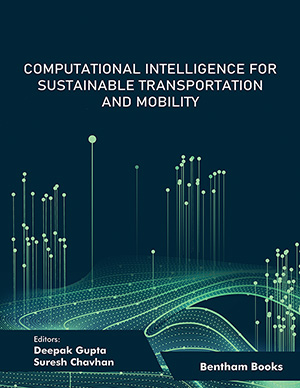Abstract
The increasing frequency of disasters in the past few decades have
threatened individual life and situation. Therefore, there is a growing research interest
in the development and practice of disaster management systems. Disaster management
systems help understand and support disaster relief, preparation, recovery,
rehabilitation, risk, and vulnerability reduction to assist professionals from diverse
backgrounds. These professionals can range from medical personnel, government staff,
firefighters, military personnel, emergency call center operatives, and volunteers. When
a disaster occurs, it becomes challenging and essential for these professionals to
manage and coordinate the available resources. Thus, efficient communication and the
availability of information are crucial. An effective system with an adequate HCI to
assist these first responders in coordinating tasks can save time and individual life,
which might not be possible without a well-defined user interface for interaction. HCI
plays an essential role in supporting disaster response scenarios through disaster
management systems. Though there is a rising number of researches in this area, it still
lacks a complete HCI overview for disaster management systems. Hence, this chapter
examines and analyzes research on the concept of human-computer interaction (HCI)
in the disaster management context. It provides an overview of HCI and disaster
management publications between 2009 and 2019 by presenting the current practices
and identifying the lapses in how research is conducted and recommendations for
opportunities in future approaches.
Keywords: Crisis management, Damage detection, Disaster, Disaster management, Disaster preparedness, Disaster recovery, Disaster relief, Disaster response, Earthquakes, Emergency, Emergency management, Emergency services, Fires, Hazards, HCI, Interaction, Natural disasters, Review, Risk assessment, Risk management.




















